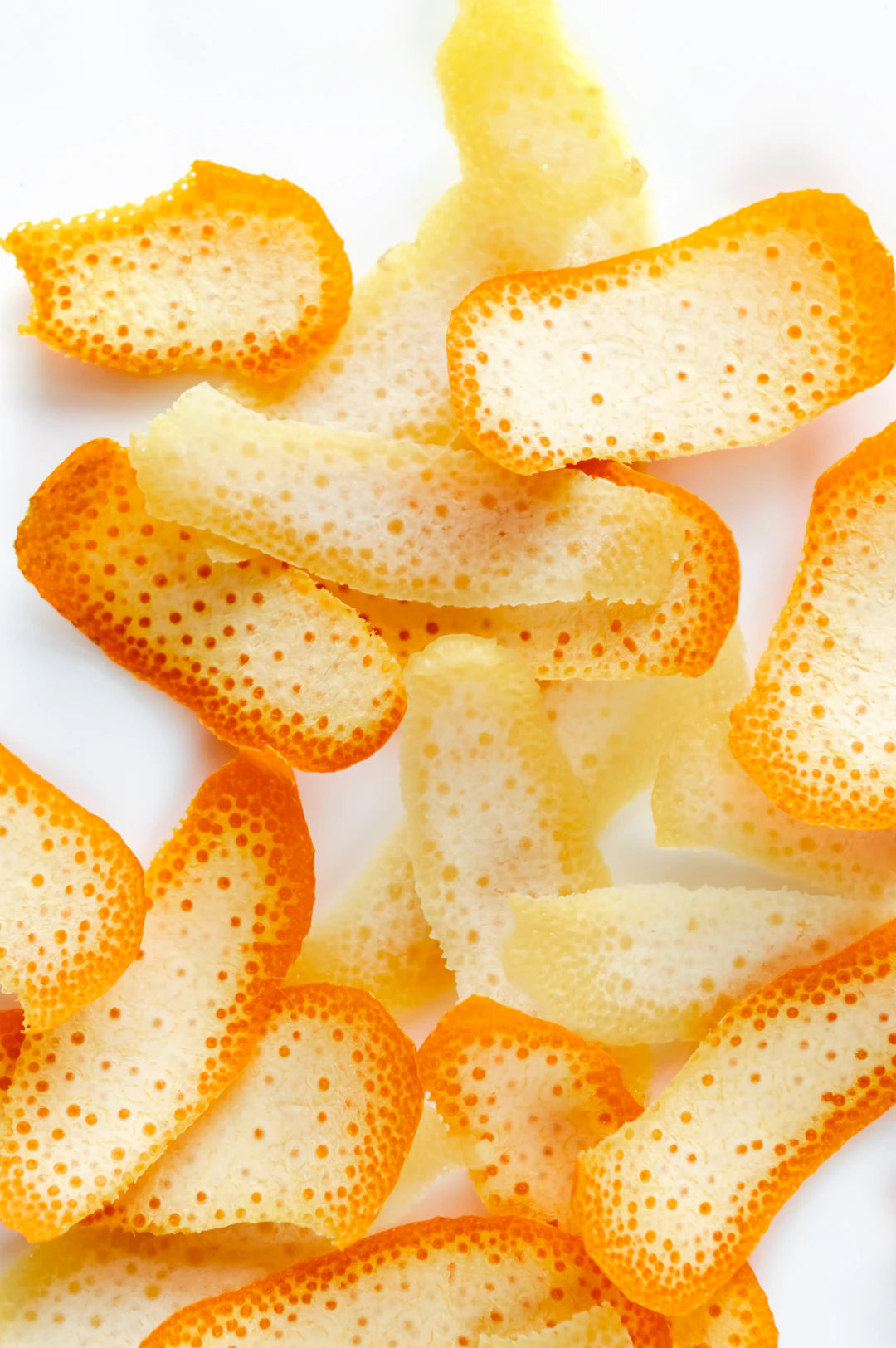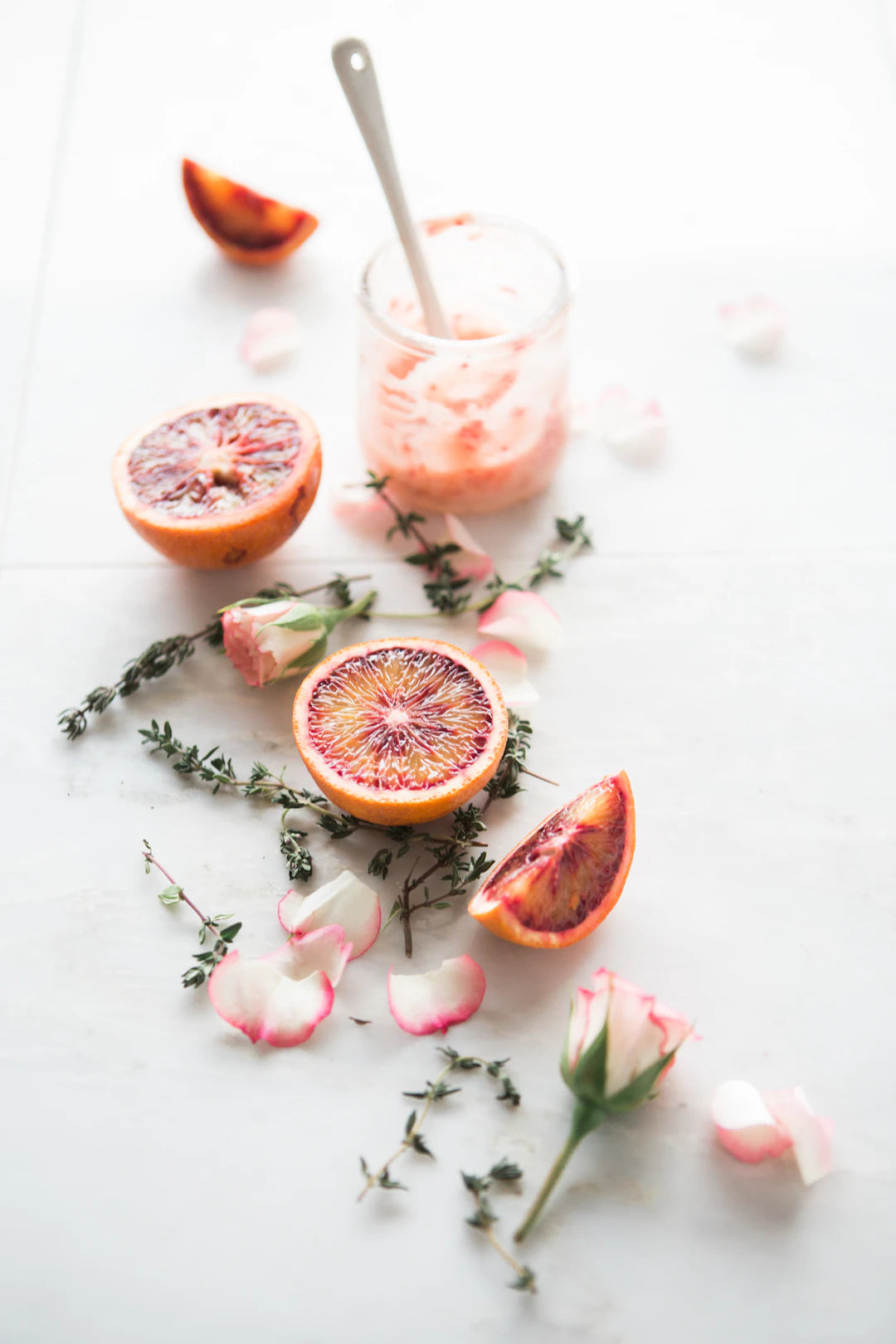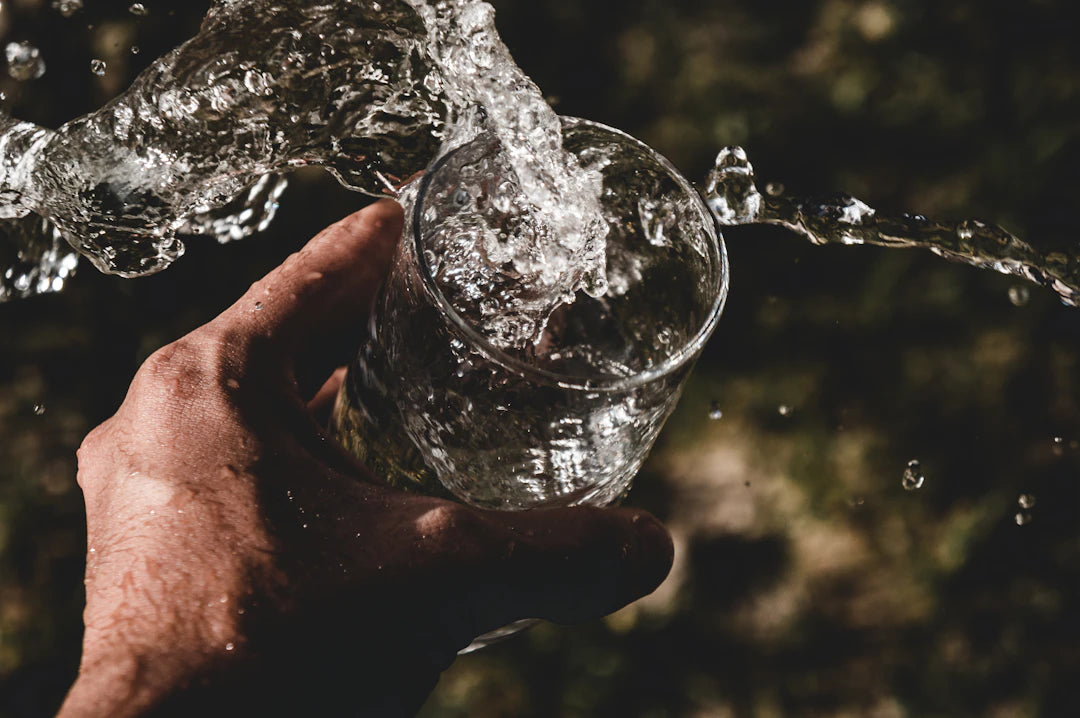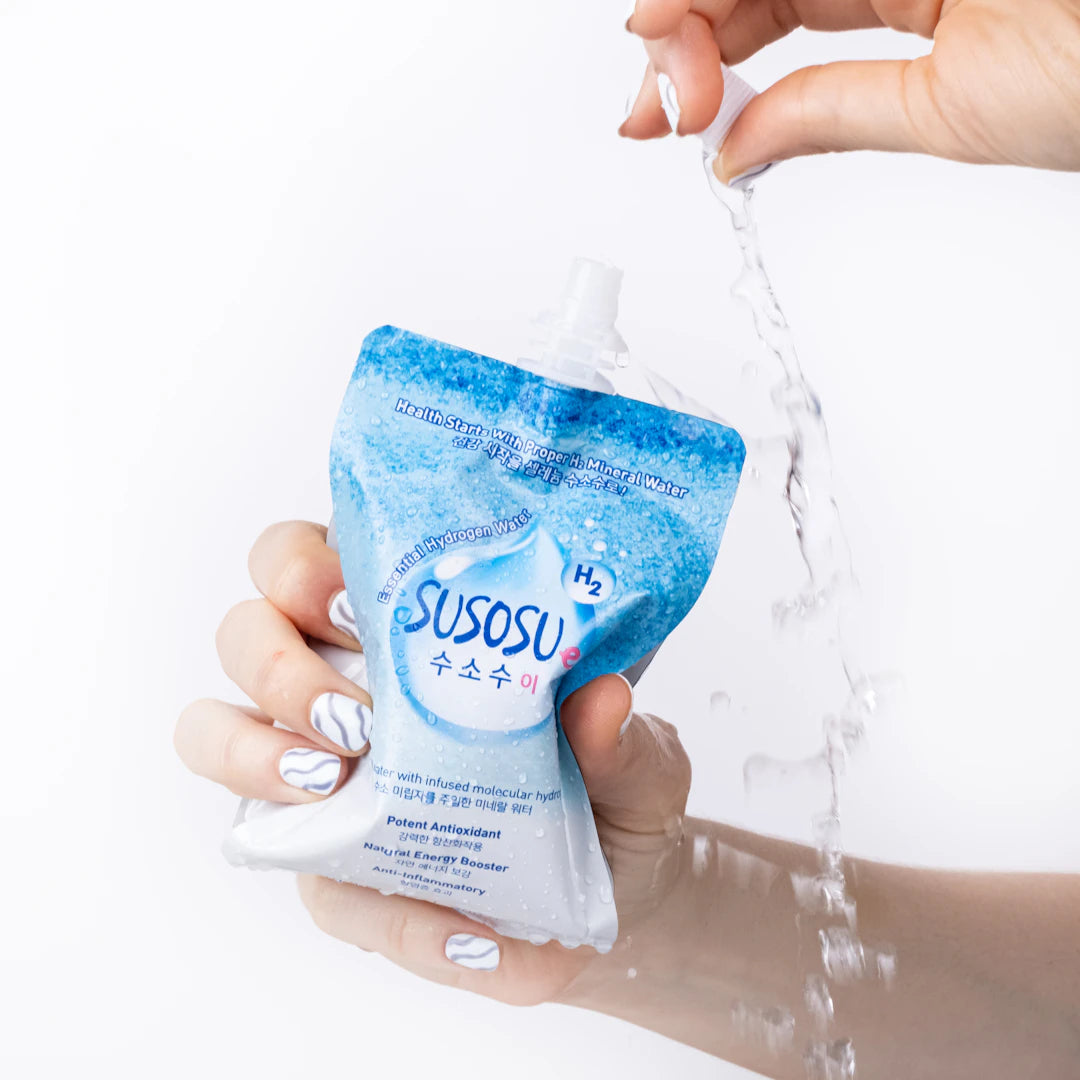The Delicious Link: Foods for Glowing Skin

Frequently Asked Questions
1. How does diet affect skin health?
2. What are some key nutrients essential for skin health?
3. Which foods are best for promoting glowing skin?
4. What types of foods should I avoid for better skin?
5. What is a simple skincare routine to complement a healthy diet?
Your skin reflects your inner health, and the adage "you are what you eat" holds more truth than you might think. When it comes to glowing, healthy skin, your diet plays a crucial role. The connection between diet and skin health is backed by science, as certain foods can enhance your beauty while others may be detrimental. In this comprehensive guide, we'll explore the best foods to nourish your skin and how to craft a diet that promotes a radiant complexion. Let’s dive into the world of nutrition and skincare!
The Science Behind Diet and Skin Health
Before we delve into specific foods, it’s important to understand how diet impacts the skin. Your skin is an organ that requires nutrients just like the rest of your body. Certain nutrients are vital for maintaining healthy skin, promoting cellular regeneration, and protecting against damage from environmental aggressors. Key components like vitamins, minerals, antioxidants, and healthy fats are essential players in this arena.
Understanding Key Nutrients for Skin
- Antioxidants: These compounds protect skin cells from free radical damage, which can lead to premature aging.
- Vitamins: Vitamins A, C, E, and D are crucial for skin health, each serving specific functions in cellular turnover and protection.
- Healthy Fats: Essential fatty acids, particularly omega-3s, help maintain skin’s lipid barrier, keeping it hydrated and supple.
- Hydration: Staying hydrated is key for maintaining skin elasticity and preventing dryness.
Top Foods to Include in Your Skincare Diet
Now that we understand the nutrients essential for skin vitality, let's explore the best foods to incorporate into your diet:
1. Avocados: Nature's Beauty Oil
Avocados are known for being rich in healthy fats and vitamins E and C. These nutrients work synergistically to keep your skin hydrated and protected from oxidative stress. They also help in the absorption of other fat-soluble vitamins that promote skin health.
2. Berries: Antioxidant Powerhouses
Berries such as blueberries, strawberries, and raspberries are packed with antioxidants that combat free radicals. These tiny fruits help plump up your skin and reduce the appearance of wrinkles. Incorporating a variety of berries into your diet can boost collagen production, resulting in firmer skin.
3. Nuts and Seeds: The Ultimate Snack
Nuts and seeds, such as walnuts and flaxseeds, are excellent sources of omega-3 fatty acids, which are crucial for nourishing skin and maintaining its barrier function. They are also rich in vitamin E, helping to keep your skin smooth and glowing. A handful of these snacks can make a world of difference for your skin's appearance.
4. Sweet Potatoes: A Carotenoid Bonanza
Sweet potatoes are loaded with beta-carotene, a powerful antioxidant that converts to vitamin A in the body. This vitamin is essential for skin repair and maintenance. Eating sweet potatoes can give you that lovely, sun-kissed glow without the harmful effects of UV exposure.
5. Spinach: Leafy Green Goodness
Spinach is a nutrient-dense leafy green filled with vitamins and minerals that are essential for maintaining healthy skin. It is a fantastic source of vitamin A, vitamin C, and iron. These nutrients contribute to skin renewal and hydration. Adding spinach to smoothies, salads, or sautés is a simple way to enhance your skincare regimen.
6. Fatty Fish: A Source of Omega-3s
Fatty fish like salmon and mackerel are great for skin because they are high in omega-3 fatty acids. These essential fats help reduce inflammation and keep your skin barrier functioning properly. A diet rich in omega-3s can result in less dryness, irritation, and redness.
7. Citrus Fruits: Vitamin C Boosters
Citrus fruits such as oranges, lemons, and grapefruits are excellent sources of vitamin C, which plays a pivotal role in collagen synthesis. Including these fruits in your diet can help prevent age-related skin issues and enhance your overall skin tone.
Foods to Avoid for Optimal Skin Health
While certain foods promote glowing skin, others can do the opposite. Here are some culprits you may want to limit in your diet:
1. Sugary Snacks and Beverages
High sugar intake can lead to increased insulin levels, which may trigger the production of androgens. This hormonal fluctuation can lead to acne and other skin issues. Reducing sugary snacks and sodas can significantly benefit your skin.
2. Processed Foods
Processed foods are often high in unhealthy fats, sugars, and preservatives that can exacerbate skin problems. Instead, opt for whole, unprocessed foods that nourish your body and support your skin.
3. Dairy Products
Some studies suggest that dairy consumption may be linked to acne in certain individuals. If you notice a correlation between your dairy intake and skin flare-ups, consider reducing or eliminating dairy from your diet.
4. Excessive Caffeine and Alcohol
While moderate caffeine consumption can have some health benefits, excessive intake can lead to dehydration, which negatively impacts your skin. Similarly, alcohol can lead to sallow skin and puffiness. Drinking in moderation and balancing with plenty of water is key.
Hydration: The Unsung Hero
Hydration is a pivotal part of skin health that often gets overlooked. Water helps to flush out toxins, improves circulation, and maintains skin elasticity. Aim to drink at least 8 glasses of water a day, and consider incorporating hydrating foods such as cucumbers and watermelon into your diet.
Tips for Staying Hydrated
- Carry a reusable water bottle to remind yourself to drink throughout the day.
- Set reminders on your phone to take water breaks.
- Infuse your water with fruits and herbs for added flavor and nutrients.
The Power of a Comprehensive Skincare Routine
While a balanced diet can significantly improve your skin's health, combining dietary changes with a skincare regimen can yield optimal results. Integrating beauty oils and moisturizers into your daily routine can help to lock in hydration and enhance your complexion. Look for products that include natural ingredients known for their skin-enhancing properties.
Creating a Skincare Routine
Here’s a simple structure you can follow:
- Cleanse: Start with a gentle cleanser to remove dirt and impurities.
- Tone: Use a toner to balance your skin's pH and prepare it for the next steps.
- Treat: Apply serums or treatments designed for your specific skin concerns.
- Moisturize: Lock in hydration with a beauty oil or moisturizer that suits your skin type.
- Protect: Always finish with sunscreen during the day to shield your skin from harmful UV rays.
Find the Right Balance for Your Unique Skin
Understanding the connection between diet and skin health is just the beginning; the key to effective skincare is consistency and balance. Every individual's skin is unique, and what works for one person may not work for another. Take the time to learn how your skin reacts to certain foods, and adjust your diet accordingly. Pair your dietary changes with a tailored skincare routine, and you’ll be well on your way to achieving the radiant skin you desire.
Final Thoughts: Nourish Your Skin from the Inside Out
Ultimately, achieving glowing skin is an inside job. By focusing on a nutrient-rich diet filled with skin-loving foods and complementing it with a solid skincare routine, you can create transformative results. Remember that vibrant skin is a reflection of your overall health, so embrace a lifestyle that fuels both your body and your beauty. Start on this nourishing journey today and watch your skin thrive!


